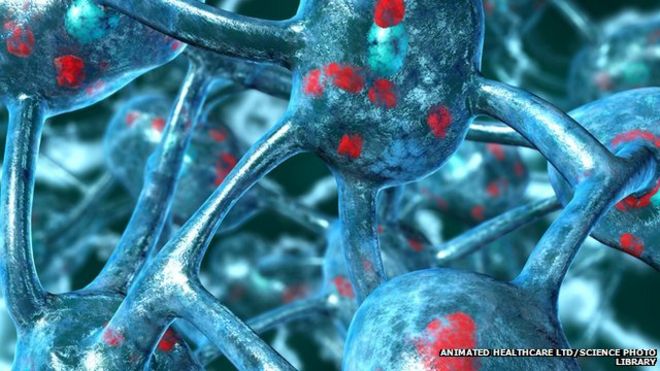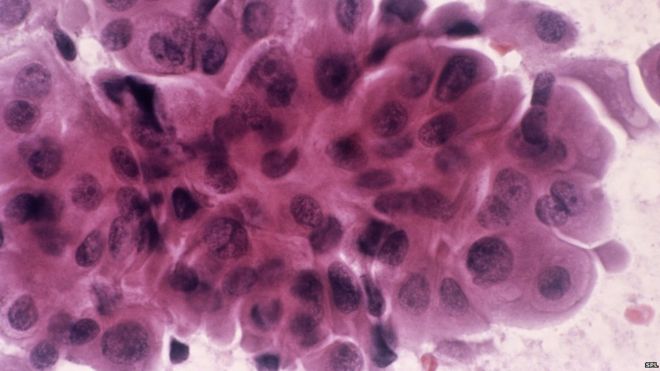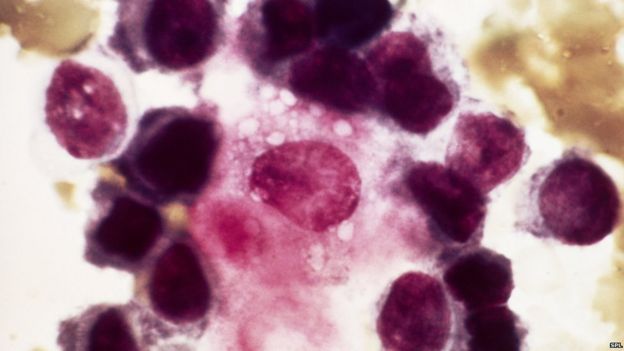Five million adults in England 'at risk of diabetes'
- 26 August 2015
- Health

Up to five million people in England are at risk of developing type-2 diabetes, according to new data from Public Health England.
Type-2 diabetes is closely linked to diet and obesity and affects about 3.2 million people across the UK.
The NHS says diabetes causes 22,000 early deaths and costs the health service more than £8bn each year.
But health experts believe more than a quarter of people can reduce the risk of developing the condition.
Diabetes arises when the body loses the ability to use or make insulin, a hormone that helps regulate the amount of sugar in blood.
Public Health England (PHE) says its latest analysis shows about five million adults in England are now pre-diabetic, also known as non-diabetic hyperglycaemia.
That means they are at risk of developing type-2 diabetes.
Public Health England says its calculations have produced the most accurate and robust estimate so far.
Last year, research published in the British Medical Journal suggested a much higher figure - one third of all adults in England - and the charity Diabetes UK quotes a UK-wide figure of about 18 million people at risk of developing diabetes.
But these calculations used a broader definition of pre-diabetes than that used in this latest analysis.
Some doctors have questioned the value of the pre-diabetic diagnosis, arguing that only a small number - perhaps one in 10 - will go on to develop diabetes.
Diet and exercise
But the NHS is preparing to roll out a diet, weight loss and exercise programme that has been shown to reduce the diabetes risk for a quarter of those who take it up.
PHE chief executive Duncan Selbie said people needed support if they were to combat the risk posed by type-2 diabetes.
"We know how to lower the risk of developing type-2 diabetes: lose weight, exercise and eat healthily, but it's hard to do it alone," he said.
"PHE's evidence review shows that supporting people along the way will help them protect their health, and that's what our prevention programme will do."
Diabetes UK chief executive Barbara Young said it was important to warn people about a condition that could have devastating complications such as blindness, amputations and early death.
"As well as helping to reduce the human cost of type-2 diabetes, this would also go a long way to helping to reduce costs to the NHS," she said.
"The NHS spends 10% of its entire budget managing diabetes And unless we get better at preventing type-2 diabetes, this figure will rise to unsustainable levels."




